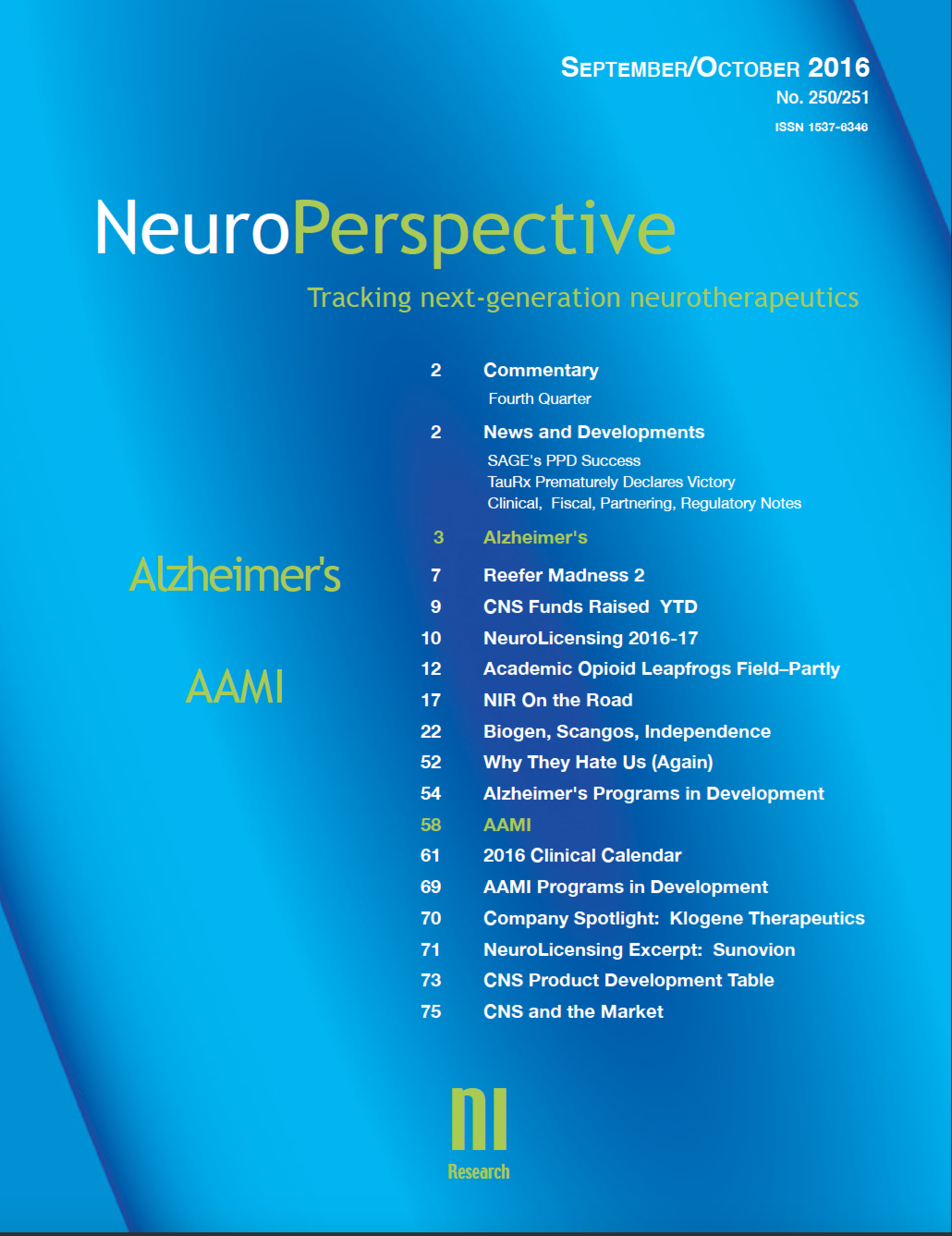The November/December 2020 issue of NeuroPerspective reviews Autism Spectrum Disorder. The nomenclature itself is a confession of conceptual sloppiness; ASD is a vaguely defined umbrella category, under which huddles a highly heterogeneous assortment of phenotypic presentations, divergent in their type, intensity, and prognosis.
ASD is always impactful, and it can be devastating on several levels, though that depends on where it falls on the range of developmental disruption. At the micro-familial level, few events are likely to be more painful for parents than to slowly learn that the kind of intense attachment they feel for a child may never be fully felt or expressed in return. At the macro-societal level, the prevalence of autism in its multiple manifestations has exploded, with the latest estimate, in 2018, reaching one of every 59 children in the United States, up from one in 68 just four years ago, up twenty-fold over the past three decades. No other disorder has displayed anything near this kind of dramatic growth in sheer numbers. Approaches range from nonspecific efforts to reduce hyperstimulation or boost cognition to thus-far frustrating attempts to access the oxytocin-vasopressin axis, modulate the gut-brain microbiome, or find gene regulators that may impact gene networks that might permit broadband interventions. Gene therapies are more directly applicable to the second group of neurodevelopment disorders covered in the issue; Rett Syndrome, Fragile X, Angelman Syndrome, where monogenic targets are apparent, though each appears to involve a narrow therapeutic window, its viability as yet unproven.
Companies whose programs are included in the review include Janssen, Roche, Novartis, Acadia, Neuren, Ovid Therapeutics, Taysha Gene Therapies, Axial Biotherapeutics, Kaerus Biosciences, Sangamo, Biogen/Ionis, Ultragenyx/HealX, and Servier/Neurochlore.
Other clinical topics covered in the issue include the failure of the first tau antibody in Alzheimer’s (Genentech/AC Immune), ambiguous Parkinson’s results from Roche/Prothena‘s alpha-synuclein antibody, clinical successes for Aptinyx and Intra-Cellular Therapies, and overhyped data for Cassava and Amylyx. Corporate developments assessed include BIAL’s acquisition of Lysosomal Therapeutics, four more small neuro companies going public, and a continuing flow of fiscal resources into the sector.

